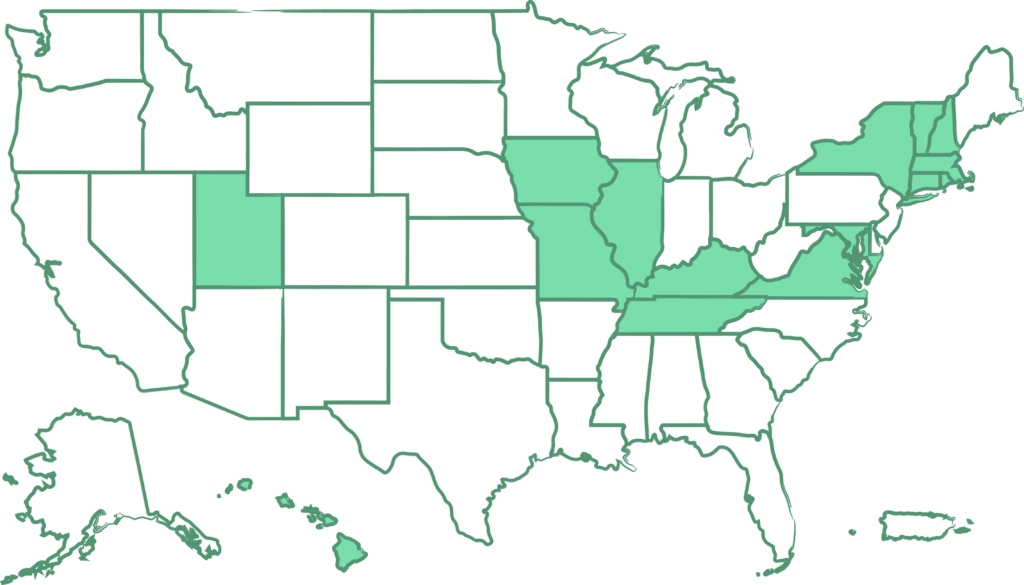The modern economy is based on American creativity, intellectual property rights, and innovation, which we must vigorously protect.

The U.S. Copyright Act dates back to 1790 and stems directly from the U.S. Constitution. Among other key protections, it grants authors of all kinds the exclusive rights to their creative expression, including, especially, the right to make it available to the public through a variety of licensing terms and business models.
Today, the Copyright Act is extensive, cohesive, and authoritative: It incorporates treaty protections and trade agreements of the United States and fuels confidence, creative works, and publication in the modern marketplace.
Explicitly, it grants to copyright owners the right to determine when and how their works will be distributed during their lifetimes. With respect to literary works, copyright encourages businesses to invest in and make available both new and backlist titles, including novels, poetry, biographies, books for children, and more.
The state licensing bills aim to devalue literary works, and to undercut the royalties available to authors. The bills would directly harm their ability to earn a living from their craft. In addition, they would threaten the enormous contributions that American authors make to global culture, education, innovation, and a free and open democracy.
That is why America’s creative industries are the envy of the world. But we need to protect them.
Value of Copyright
Copyright is the backbone of American creativity and innovation.
The copyright industries are responsible for an estimated $2.9 trillion of GDP, or 12.52% of the U.S. economy. They also employed nearly 16.1 million workers, or 8.14% of all U.S. employment and 9.22% of all private employment in the U.S.

Our robust creative economy did not happen by accident – it is a direct result of copyright protections. The creative economy fosters a vibrant ecosystem that supports bookstores, printers, manufacturers, truckers, warehouses, and other small businesses.

Copyright fuels the quality and value of creative works in the marketplace, from a variety of fiction and nonfiction to music, visual art, motion pictures, television programs, video games, business software, and countless other works that inform and entertain us all. Copyright protections enable a wide array of options for readers, viewers, and listeners to engage with creative works when and how they want.

Today’s creative economy has fewer barriers to entry, more choices, and more voices and perspectives than ever before. It encourages authorship and rewards creators with the prospect of compensation and financial investment from the private sector.

OUR CASE
Defend the Constitution.
Protect the Creative Economy.
Support Small Businesses.
Preserve the Livelihoods of Authors.
Licensing Bills Rejected by State


In 2024, the licensing bills expired when the legislative session ended.
In 2022, the licensing bill did not receive a vote and expired when the legislative session ended.

In 2024, the licensing bill was not brought up for consideration and expired when the legislative session ended.
In 2023, the licensing bill expired when the legislative session ended.

In 2024, the licensing bill did not advance out of committee and expired when the legislative session ended.
In 2022, the licensing bill did not receive a vote and expired when the legislative session ended.

In 2024, the licensing bill did not receive a floor vote and expired when the legislative session ended.

In 2023, the licensing bill did not receive a vote and expired when the legislative session ended.

In 2022, the licensing bill was ruled unconstitutional by the District Court of Maryland.

In 2022, the licensing bill did not receive a vote and expired when the legislative session ended.

In 2022, the licensing bill was rejected in committee by the state House.

In 2024, the licensing bills expired when the legislative session ended.
In 2021, the licensing bill was vetoed by Gov. Hochul because it violated federal copyright law.

In 2024, the licensing bills did not advance out of committee and expired when the legislative session ended.
In 2022, the licensing bill did not receive a vote and expired when the legislative session ended.

In 2024, the licensing bills did not advance out of committee and expired when the legislative session ended.
In 2022, the licensing bill did not receive a vote and expired when the legislative session ended.

In 2023, the licensing bill did not receive a vote and expired when the legislative session ended.


In 2023, the licensing bill was unanimously rejected in committee by the state Senate.
GET INVOLVED
Protect the Creative Economy
Sign up to receive updates on legislation, learn more about the creative economy and the value of copyright, and how you can get involved. Join us!

